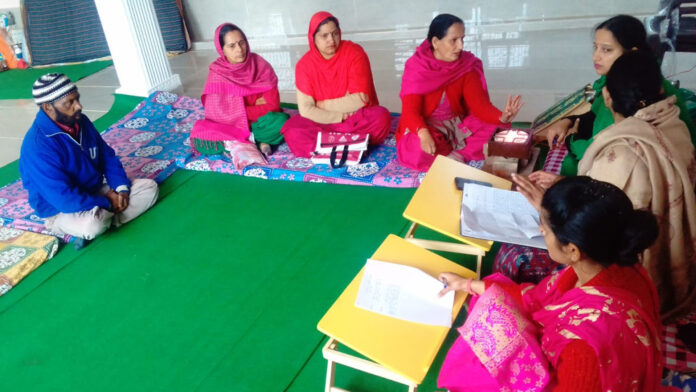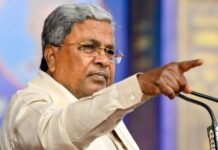
New Delhi: The Yogi Adityanath-led administration has initiated a series of impactful reforms aimed at redefining the concept of women’s empowerment in the rural stretches of Uttar Pradesh. Among the most notable of these is the introduction of ‘Nari Adalats’, which are steadily proving to be a transformative force—enhancing women’s legal awareness and ensuring that crucial government services reach even the remotest villages.
In alignment with the central government’s agenda, the Yogi government is arming rural women with the knowledge and confidence necessary to claim and protect their rights. This bottom-up initiative, spearheaded by the Women and Child Development Department, functions through local groups comprising 7 to 11 women at the village level.
Far from being a mere program, the ‘Nari Adalat’ represents a movement dedicated to shaping a more equitable, aware, and empowered rural India—truly reflecting the essence of the motto ‘Sashakt Mahila, Sashakt Samaj’.
These ‘Nari Adalats’ serve as a crucial bridge connecting rural women to schemes such as the One Stop Center, the 181 Women Helpline, and the Beti Bachao Beti Padhao campaign. By acting as information hubs, they enable women to become aware, informed, and engaged participants in their communities. Furthermore, these forums promote direct interaction with administrative bodies, thereby reinforcing trust in institutional mechanisms and public welfare systems.
Initially introduced as a pilot project across eight aspirational districts—Bahraich, Balrampur, Chandauli, Chitrakoot, Fatehpur, Shravasti, Siddharthnagar, and Sonbhadra—the initiative ensures that women receive accurate, timely, and accessible support in the areas of health, education, safety, and independence.
More than just platforms for spreading awareness, the ‘Nari Adalats’ act as community-level courts that address family, social, and economic issues while also educating women about their rights and the legal protections available to them.
This pioneering initiative is creating a strong foundation for long-term societal reform. By promoting dialogue and group engagement, these community courts nurture leadership, mutual support, and unity among rural women. Most significantly, they provide a secure environment where women can express their concerns, access justice, and take control of their lives.
Under the leadership of Chief Minister Yogi Adityanath, the initiative is rapidly gaining recognition as a symbol of inclusive development and equitable governance. Feedback from the initial districts is actively being evaluated, and plans are already underway to extend the program to all 75 districts of Uttar Pradesh.







